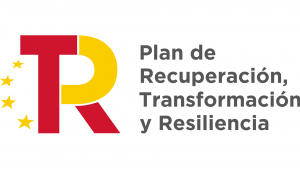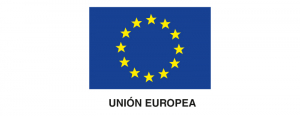Pilot project for the implementation of a screening tool to improve the prevention, diagnosis, and treatment of patients with a neurodevelopmental psychiatric disorder: Using the 22q11.2 deletion syndrome (22q11.2DS) as a model
BACKGROUND: It is estimated that about 3 -5% of psychiatric patients carry neuropsychiatric copy number variants (npCNVs), the most common being the 22q11.2 deletion. AIM: 1) To demonstrate that implementing a “screening tool” in mental health centers based on clinical data and facial imaging allows for identifying patients carrying npCNV who, after genetic counseling, are diagnosed, informed, and treated accurately, thus improving their quality of life. 2) To evaluate whether combining multi-omics (common and rare genetic variants and methylome) and phenotypic data improves the diagnosis of patients compared to current standards.
METHODOLOGY: The project is organized into 8 work packages (WP). WP1: Coordination, management and dissemination. AIM 1. WP2: Design of the training package for psychiatrists and the screening tool. WP3: Implementation of the screening tool by psychiatrists recruiting patients with neurodevelopmental disorders (N= 2,000). WP4: CNV analyses to assign participants as npCVN (including 22q11.2DS) carriers or non-carriers. WP5: Patients carrying npCNV programmed for regular genetic counseling. WP6: Deep learning (DL) computing of genomic data, face images, and clinical data to refine the screening tool. WP7: Evaluation of the feasibility of the screening program and assessment of professional and patient satisfaction. AIM 2. WP8: Single nucleotide polymorphism (SNP) analyses to compute polygenic risk scores (PRS) for psychiatric disorders and calculate each participant's overall risk (npCNV+PRS). Differential methylome (DM) analysis and whole genome sequencing (WGS) in four clinical groups: A) 22q11DS carriers (N=20), B) other npCNV carriers (N =60), npCNV non-carriers with C) high (N=60), and D) low (N=60) severity score in the clinical checklist. DL computes multi-omics data, face images, and clinical data to predict psychiatric diagnostics, considering the gender perspective.
VIABILITY: The project's 17 research groups have extensive experience in psychiatric genetics and genetic counseling. The project involves two IMPaCT structures (Genomic Medicine and Data Science); the participation of national and international 22q11.2DS researchers; and the participation of patient associations, including the 22q11.2DS.
IMPACT: Our screening tool will allow for 1) the correct diagnosis, treatment, and monitoring of psychiatric patients carrying npCNV according to international clinical guidelines; 2) raising awareness among psychiatric professionals of the strong genetic component of mental illness; and 3) reducing stigma about mental illness.
1.679.997,00 €
Instituto de Salud Carlos III and co-financed by the European Union - NextGenerationEU.
 |  |